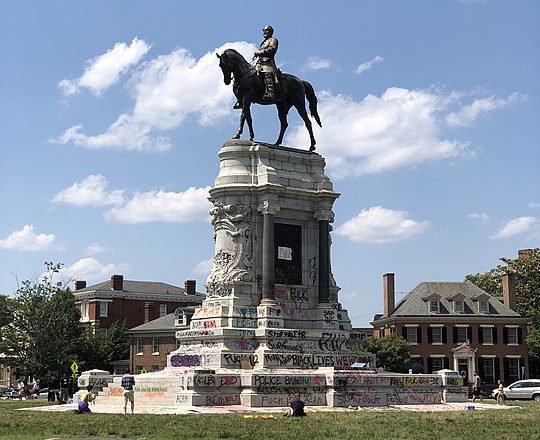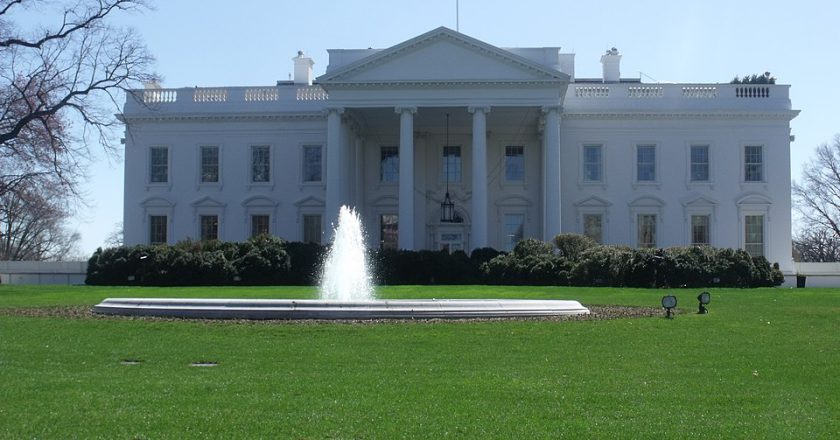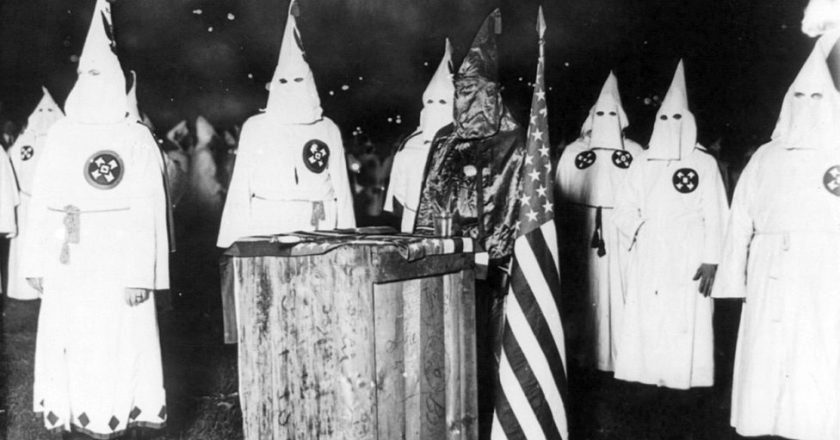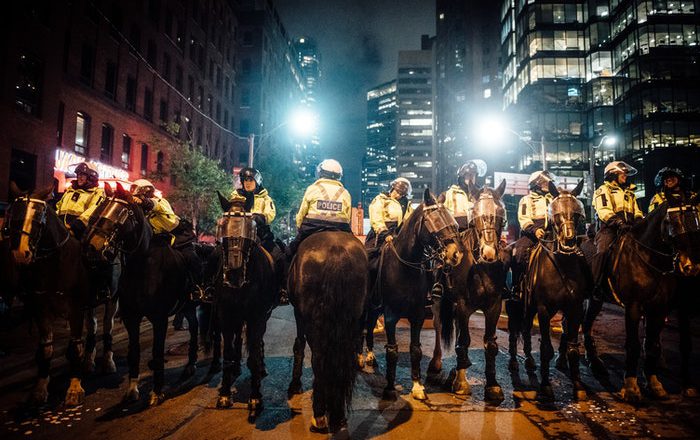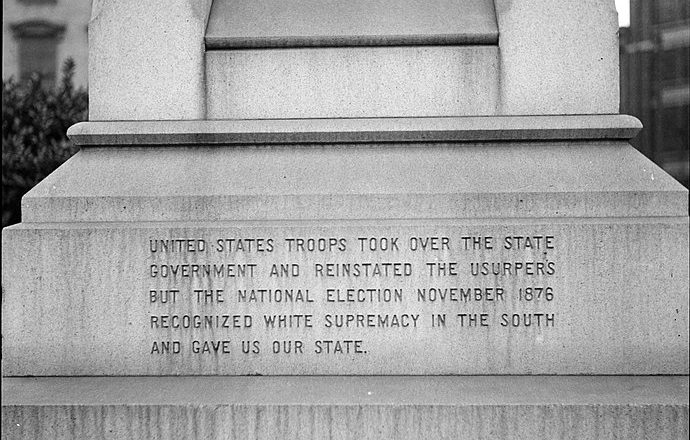Echoing A History Of Calls For Companies To Chip In When Times Are Tough, Biden Wants Corporations To Pay For His $2 Trillion Infrastructure Plans
President Joe Biden just proposed a roughly US$2 trillion infrastructure plan, which he ambitiously compared to the interstate highway system and the space race. He aims to pay for it solely by taxing companies more, including the first increase in the corporate tax rate since the 1960s.
Biden said he wants to increase the rate from 21% to 28% – which would still be below the 35% level it was at before the 2017 tax cut – and strengthen the global minimum tax to discourage multinational corporations from using tax havens. Together, he estimates it would raise the necessary funds to finance his plan over 15 years.
“No one should be able to complain about” raising the rate to 28%, Biden said in a speech announcing the plan. “It’s still lower than what that rate was between World War II and ...

